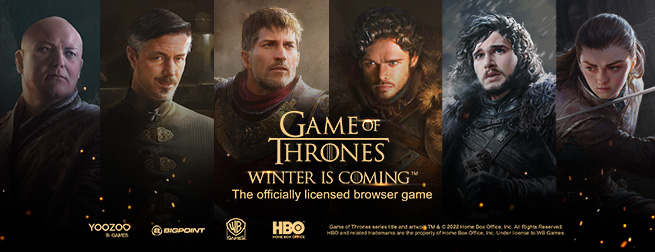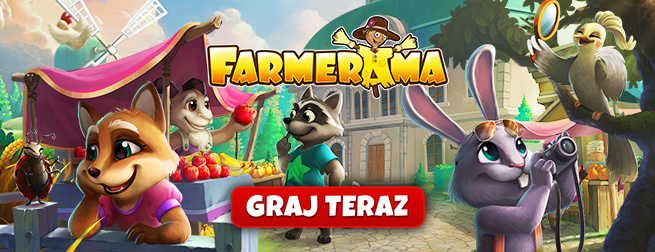-

53 -

20 -

177 -

197
472 plików
11,67 GB
 Ostatnio pobierane pliki
Ostatnio pobierane pliki
The Threshold of Middle-Earth
by John Garth
Under the shadow of war
In his Foreword to the revised edition of The Lord of the Rings, J. R. R. Tolkien disclaimed any intent to write an allegorical treatment of World War II, and remarked that he had "come under the shadow of war" in World War I, during which all but one of his close friends died. Now in Tolkien and the Great War: The Threshold of Middle Earth, John Garth has followed up that hint, describing Tolkien’s experience of that earlier war in as much detail as can now be reconstructed. Garth traces both the larger events that surrounded Tolkien and reshaped his life, and the first growth of the invented languages and mythologies in which he found an inward escape from the war.
Literature imitates war
We are accustomed to the idea that the Great War was a major influence on literature. Poets such as Siegfried Sassoon and Wilfred Owen made their experience of war their main poetic theme; Owen in particular was virtually made into a poet by that experience, and his poems express both a bitter disavowal of patriotism (as in "Dulce et Decorum Est") and a celebration of the sacrificial brotherhood of soldiers serving together. Robert Graves started out as another of the war poets, before going on to a new theme, a celebration of his personal mythology of the White Goddess, intended as a reconstruction of ancient British mythology. But Tolkien, unlike Graves, jumped straight to his own personal reconstruction of ancient myths, leaving no pointers back to the possible impact of his own experiences.
Garth makes such a connection seem more possible, notably in his discussion of the earliest forms of Tolkien’s myths. He describes, for example, Tolkien's account of how the evil titan Melko recruited smiths and sorcerers to create the first dragons: great slow-moving beasts shaped from bronze or iron, with hearts of blazing fire, able to break down city gates with their tremendous mass, and carrying crews of orcs inside their hollow bellies — in short, tanks, seen through an imagination like that of William Morris, who hoped to see locomotives sculpted into the form of dragons to make them appealingly medieval. Tolkien's published fiction made dragons more mythological, but still hinted at industrialization as the basis for the power of his villains, Sauron and Saruman; where the rest of Middle-Earth uses gunpowder only in Gandalf's fireworks, Saruman uses it as a weapon, for example. H. G. Wells had envisioned such a future of warfare in his story "The Land Ironclads", making it a sign of the sweeping away of the past; Tolkien's early mythic narratives show how that sweeping looked to someone who loved the past and wanted to preserve it.
Reality, mythology & escape
In his essay "On Fairy-Stories", Tolkien listed the key rewards of reading fairy tales (or, as we would now say, fantasy): escape, recovery, and consolation. From Garth's account, the reader can see that Tolkien himself had experienced the desire for escape, and had made his languages and his mythologies as a private refuge from real horrors. But the real horrors got in — in disguised, fantasized forms in his early work; but by the time he wrote The Lord of the Rings, in a more realistic form. The strength of The Lord of the Rings, in this light, comes partly from its presenting in one novel both the realistic evils of war and political oppression, and the mythology; the work that was eventually published as The Silmarillion is much closer to pure mythology, and less strong as a result, because less grounded in what Tolkien called the Primary World.
Tolkien biographically
Garth has also turned up any number of interesting small details. I was personally fascinated to learn that Tolkien and his best friend at school nicknamed themselves "The Great Twin Brethren". I have speculated that Tolkien was influenced by Thomas Babington Macaulay's Lays of Ancient Rome, which attempted to re-create the folk legends of Rome as they might have been before Rome's historians systematized them, and Rome's poets imported Greek myths to replace them. Garth doesn't point it out, but "The Great Twin Brethren" is an explicit reference to one of Macaulay's lays, "The Battle of the Lake Regillus", in which two divine horsemen ride onto a battlefield to save the Roman army from its Etruscan foes at the last minute — a scene many of whose details have striking parallels in Tolkien's account of Theoden's sudden appearance on the Pelennor Fields. That Tolkien knew the poem well enough to make that sort of joking reference to it makes it more plausible that the parallels were more than accidental.
Tolkien himself was deeply suspicious of biographies of authors, and especially of psychological interpretations of those biographies; like Kipling, he wanted readers to "Seek not to question other than / The works I leave behind." And it's easy to fall into facile biographical interpretations of an author's work, which provides some justification for such caution. But sound, well-researched biography is the best corrective for such errors. And Garth has provided us with that sort of biography in Tolkien and the Great War. Inevitably his work invites speculation, and indeed offers some; but Garth is properly cautious about his own speculations. And if anyone else chooses to speculate, thanks to his work, they can now be better informed in doing so.
Jest to kolejna biografia Tolkiena ukazująca pisarza w kontekście I wojny światowej.
Nie ma plików w tym folderze
-

0 -

0 -

0 -

0
0 plików
0 KB
 Chomikowe rozmowy
Chomikowe rozmowy



















 Pokaż wszystkie
Pokaż wszystkie Pokaż ostatnie
Pokaż ostatnie
